Mental health groups opposed to social media age ban have links to major online platforms
Dan Andrews is the chairman of an organisation that is opposed to an aged-based social media ban, and there’s a crucial detail they did not disclose.
Opponents to a proposed aged based social media ban have links to some of the world’s biggest platforms including Instagram, TikTok and Snap.
Reach Out, the Butterfly Foundation, Project Rockit and Orygen – which recently appointed former Victorian Premier Daniel Andrews as chairman – all have current or former partnerships with Meta, the owner of Facebook and Instagram, some of which have involved funding.
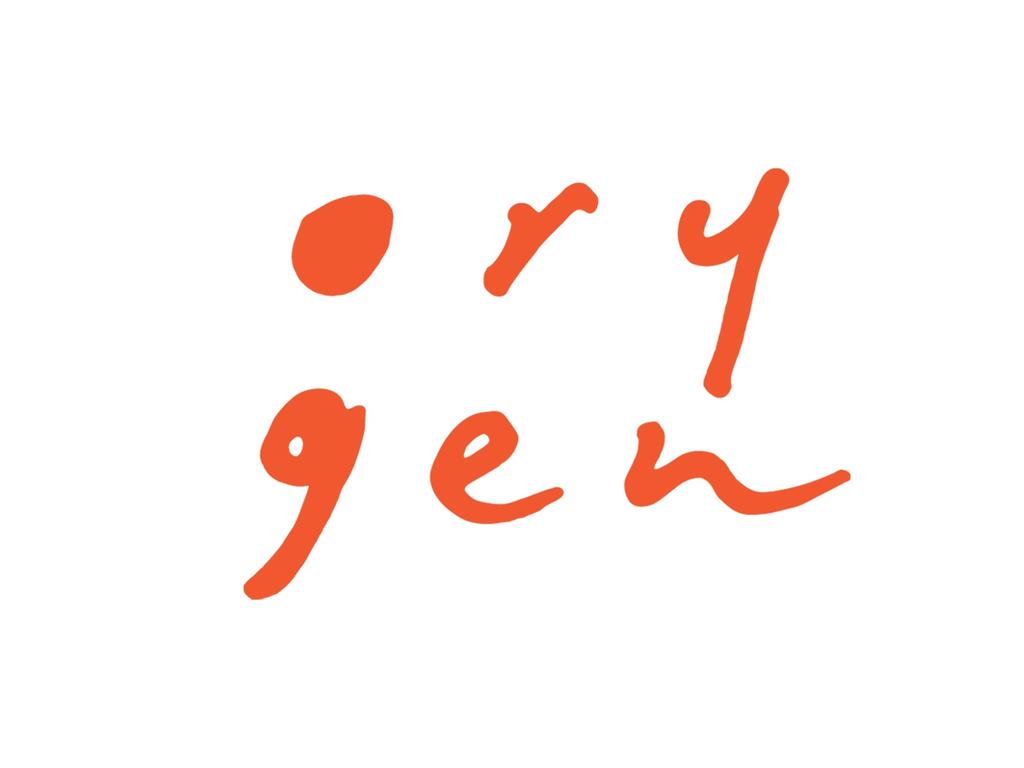
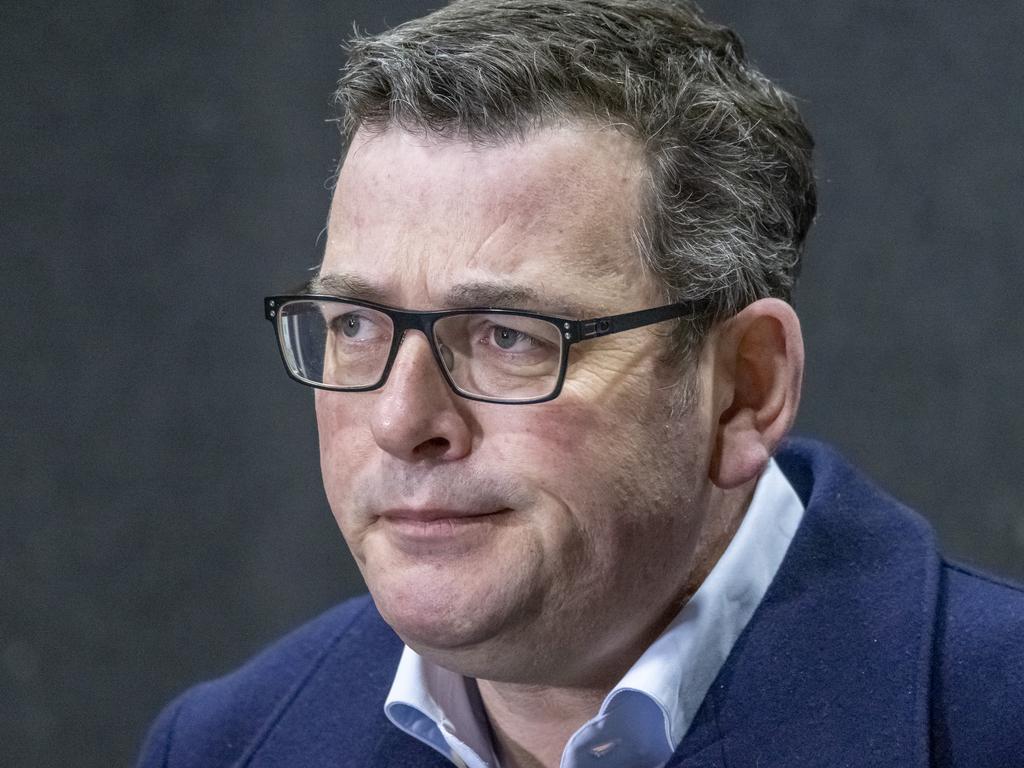
Youth based mental health organisation Project Rockit also has partnerships with Snap and TikTok while Meta paid Orygen to translate guidelines on how to discuss suicide and self harm.
Orygen’s Professor Jo Robinson has also provided advice in a voluntary capacity to Meta’s Self-injury advisory group.
The Butterfly Foundation has partnered with Instagram on several social campaigns around body image, despite the image based social media platform being widely considered responsible for rising rates of eating disorders.
The four mental health organisations were all signatories to a joint statement opposing the proposed aged based ban that claimed “social media can be protective” but did not disclose their relationships with social media platforms.
All have made submissions to the joint inquiry on social media and Australian society.
Orygen did not disclose its partnership with Meta or that it had received funding in the organisation’s submission.
The Butterfly Foundation disclosed its partnerships on page 12 and Reach Out disclosed its ties on page 19. Project Rockit fully disclosed.
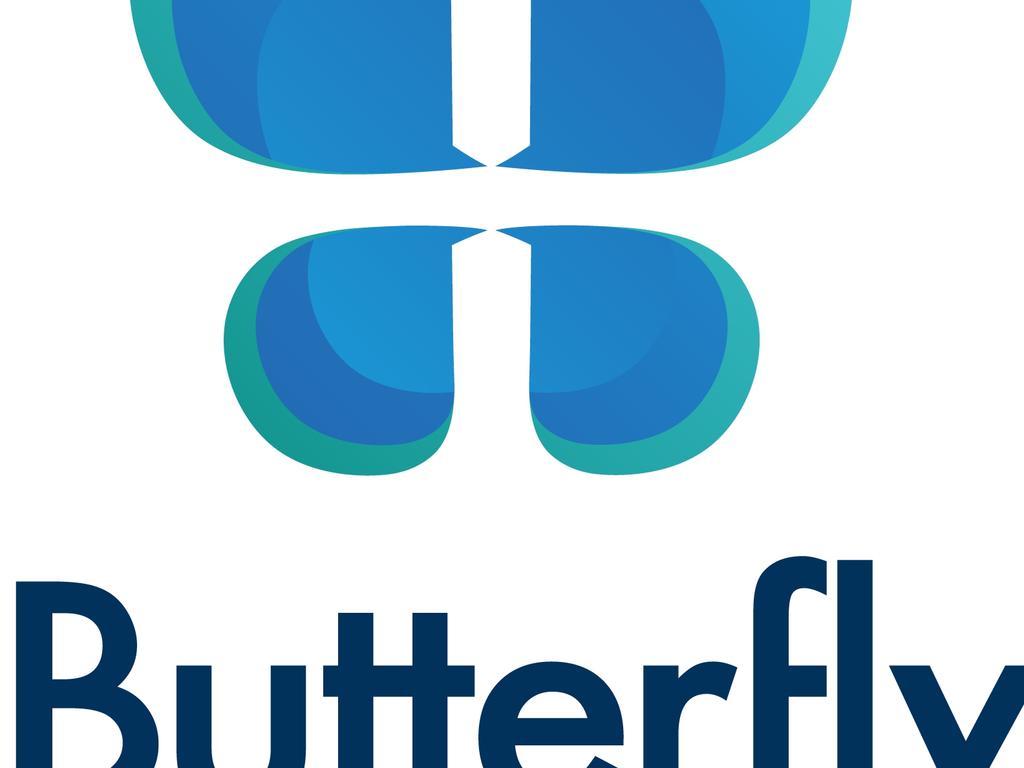
The organisations said their partnerships with social media companies had not influenced their opposition to an aged based social media ban.
Butterfly Foundation chief executive officer Jim Hungerford said the organisation was committed to working with government and social media platforms to improve regulations and protect online users.
“Everything we do at Butterfly is focused on achieving what’s best for people with eating disorders and body dissatisfaction,” he said.

A spokesman for ReachOut said the organisation had been transparent about its partnerships with Meta and other companies and had recommended social media platforms pay for a national research fund.
“We actively engage in providing mental health support on digital platforms and we think that social media companies should contribute to the costs incurred in providing services on their platforms,” said the spokesperson.
Project Rockit said the youth-led mental health organisation’s stance on an aged based ban was “based solely on best practice evidence and feedback from young people themselves.”
“Our collaborations with partners are designed to advance young people’s wellbeing and participation,” said a spokesperson.
“There is zero basis in the claim that such collaborations influence our stance on policy issues like social media bans.”
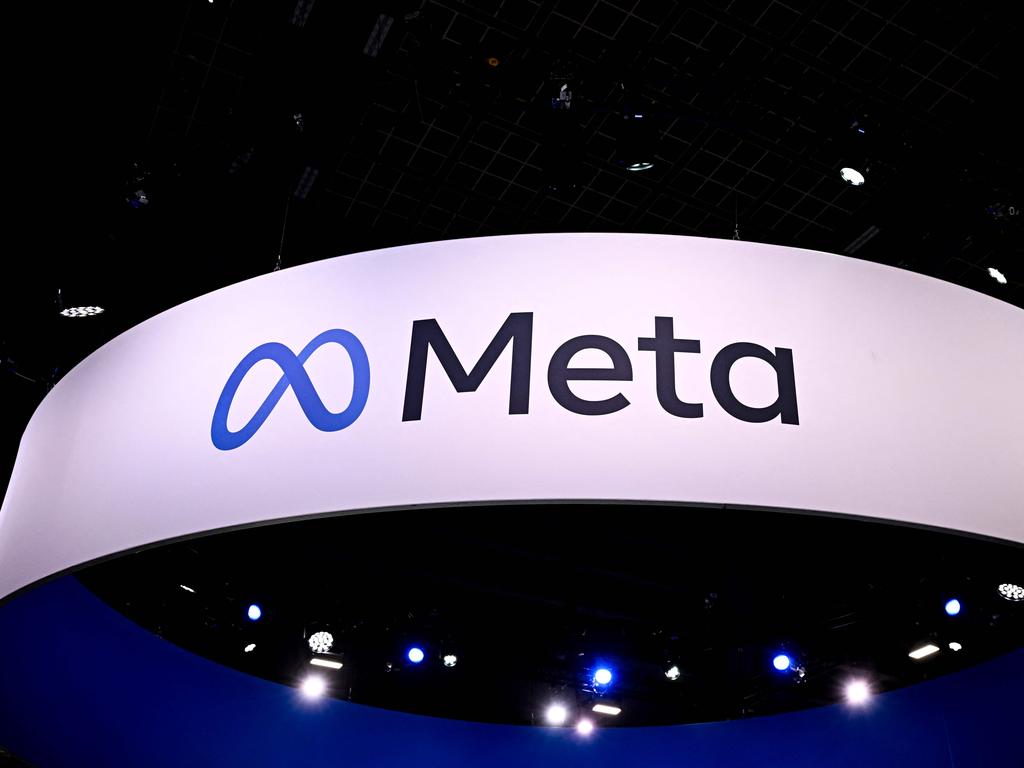
An Orygen spokesperson said the Melbourne-based organisation supported stricter regulations on social media and had previously advocated for a tax on social media companies.
“While debate continues about proposed age limits, young people are using social media every day, and Orygen has been working for years to make these spaces as safe as possible,” a spokesperson said.
News Corp publications have been calling for the age limit for children to access social media to be raised to 16 as part of the Let Them be Kids campaign.
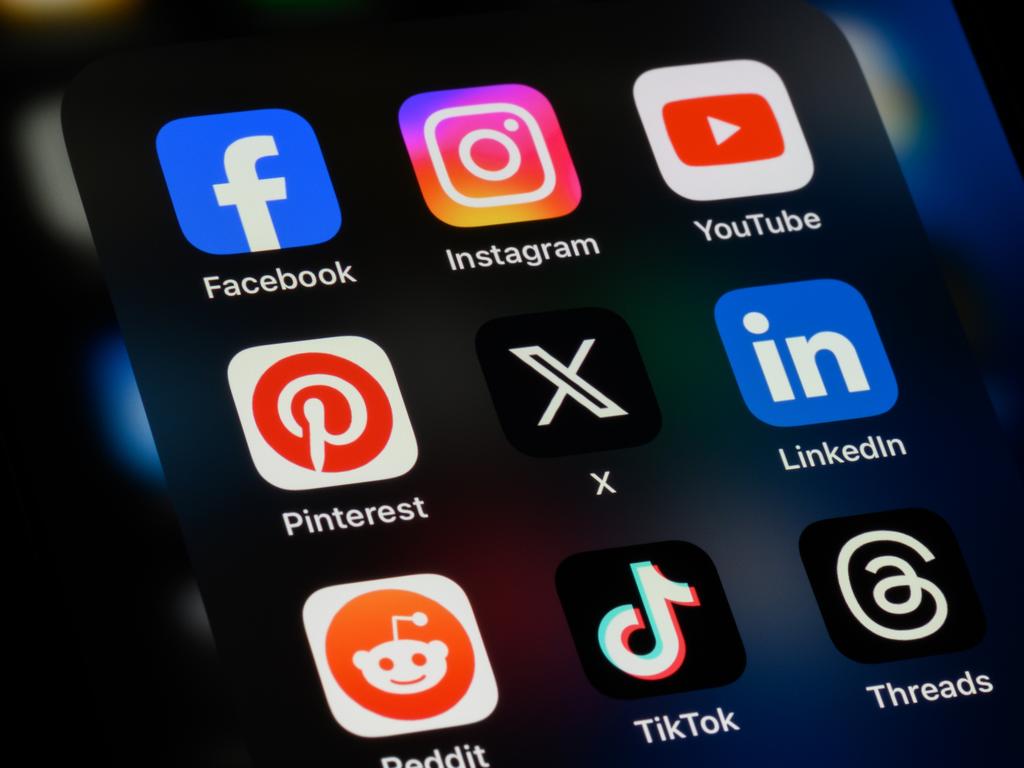
A Meta spokesman did not disclose the amount of money paid to the organisations but said the social media giant had never directed a partner to advocate a particular point of view, saying doing so would be irresponsible and negligent.
“We work with many independent partners globally to educate and support our users – particularly young people – to have safer and more positive experiences on our services, as well as inform the development of new products, tools and policies that can further improve online safety across our platforms,” he said.
“Any implication that these partnerships influence a particular perspective is completely unfounded and untrue.”
More Coverage
Originally published as Mental health groups opposed to social media age ban have links to major online platforms




